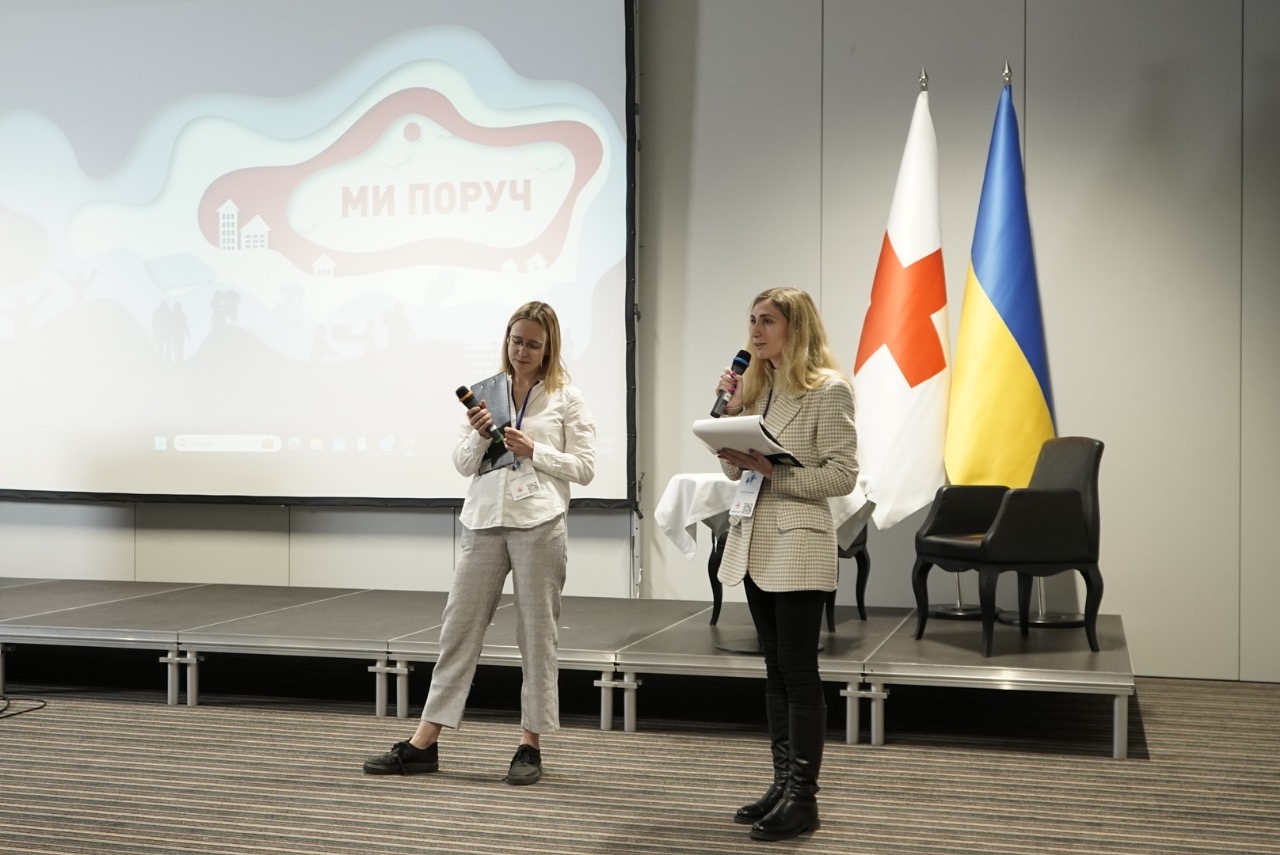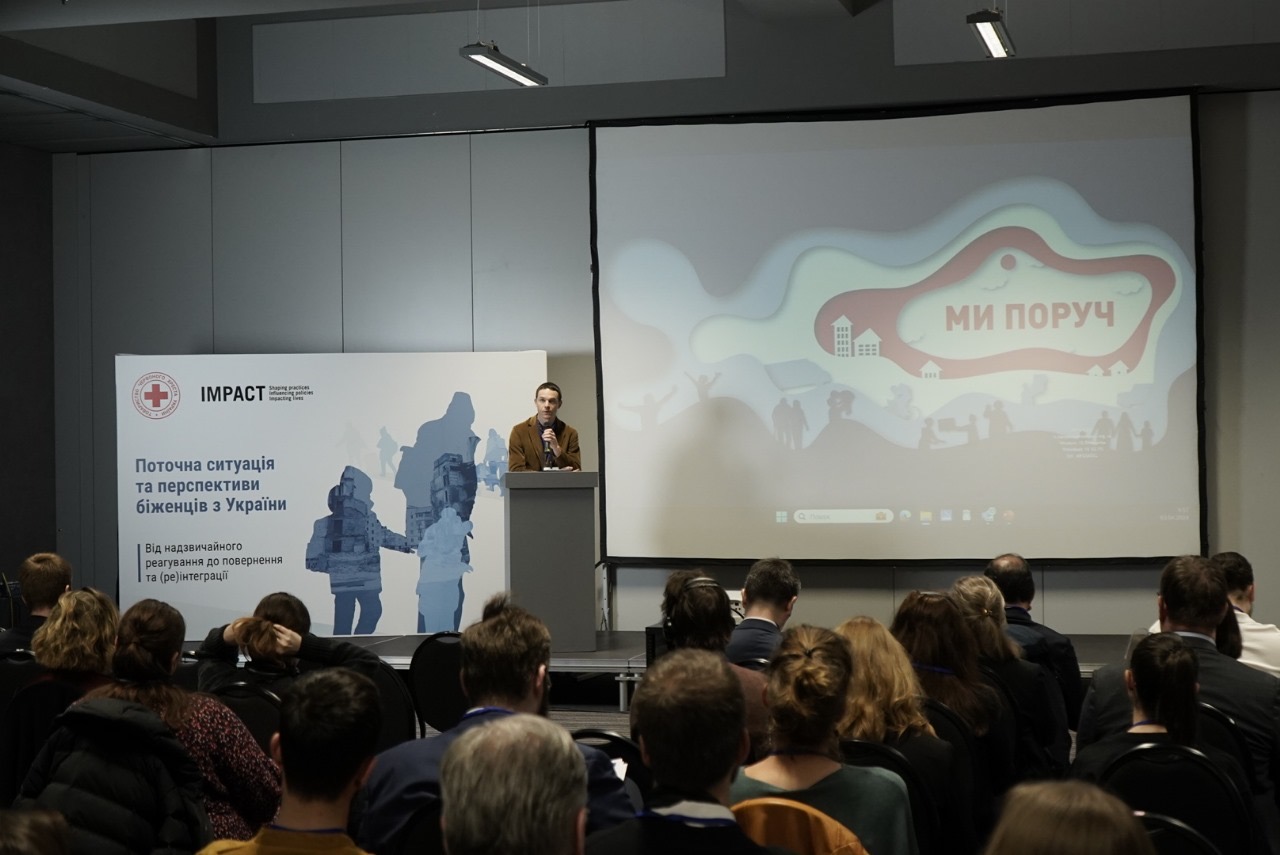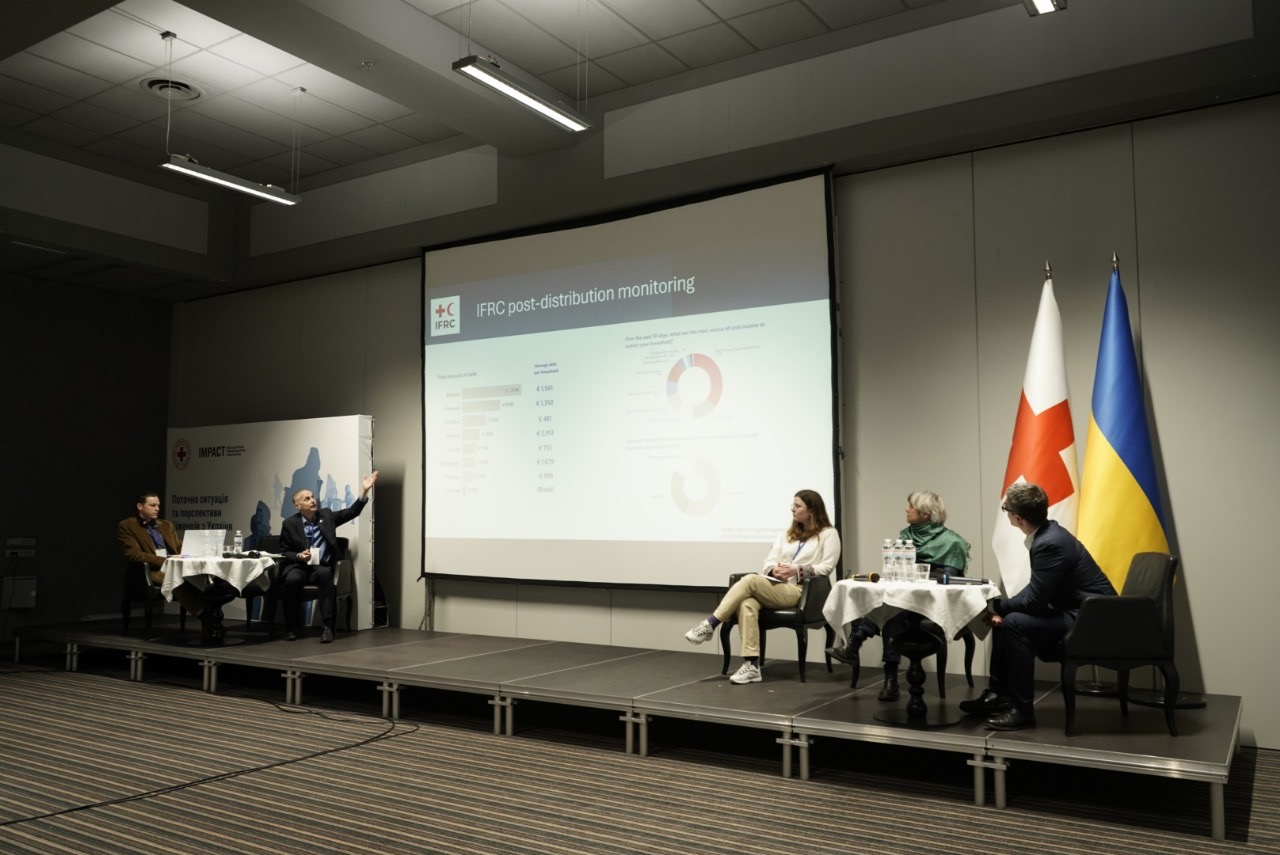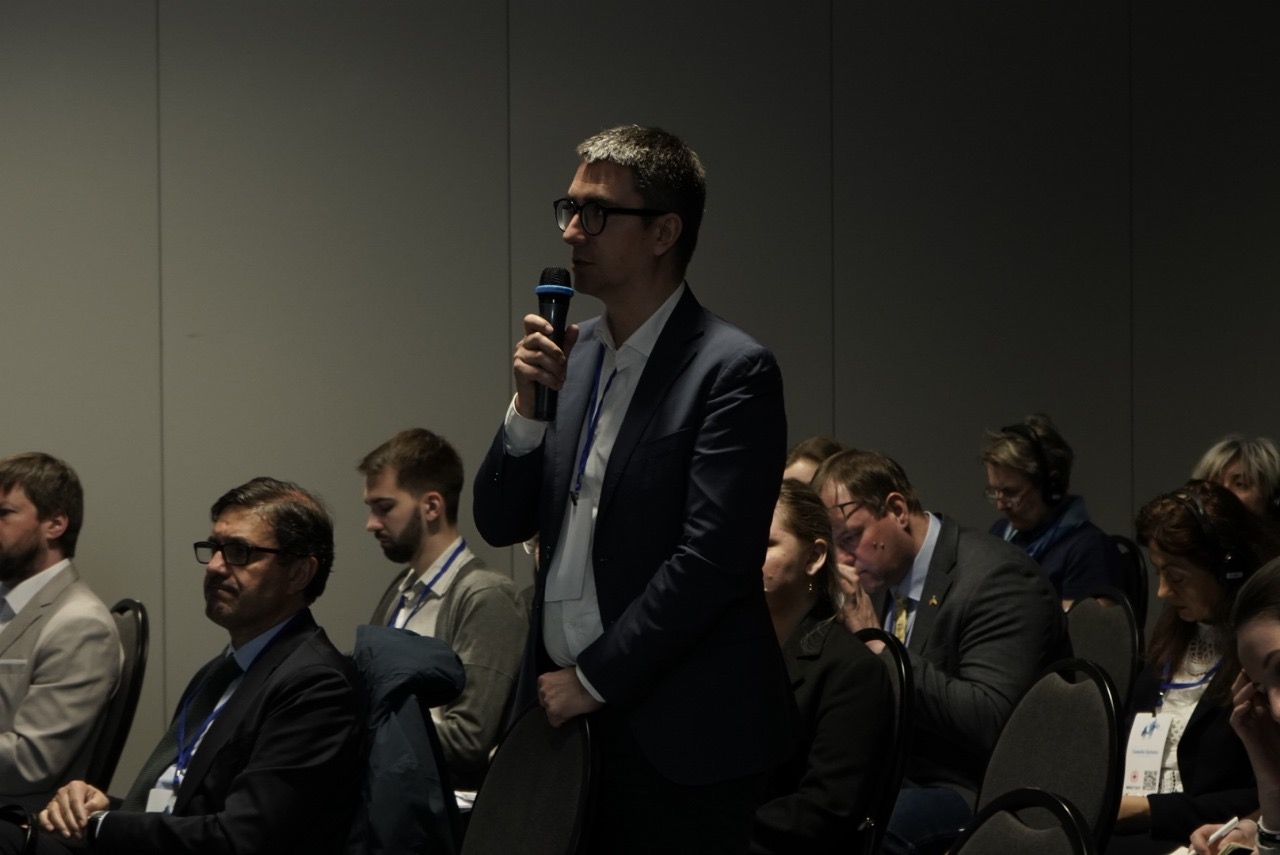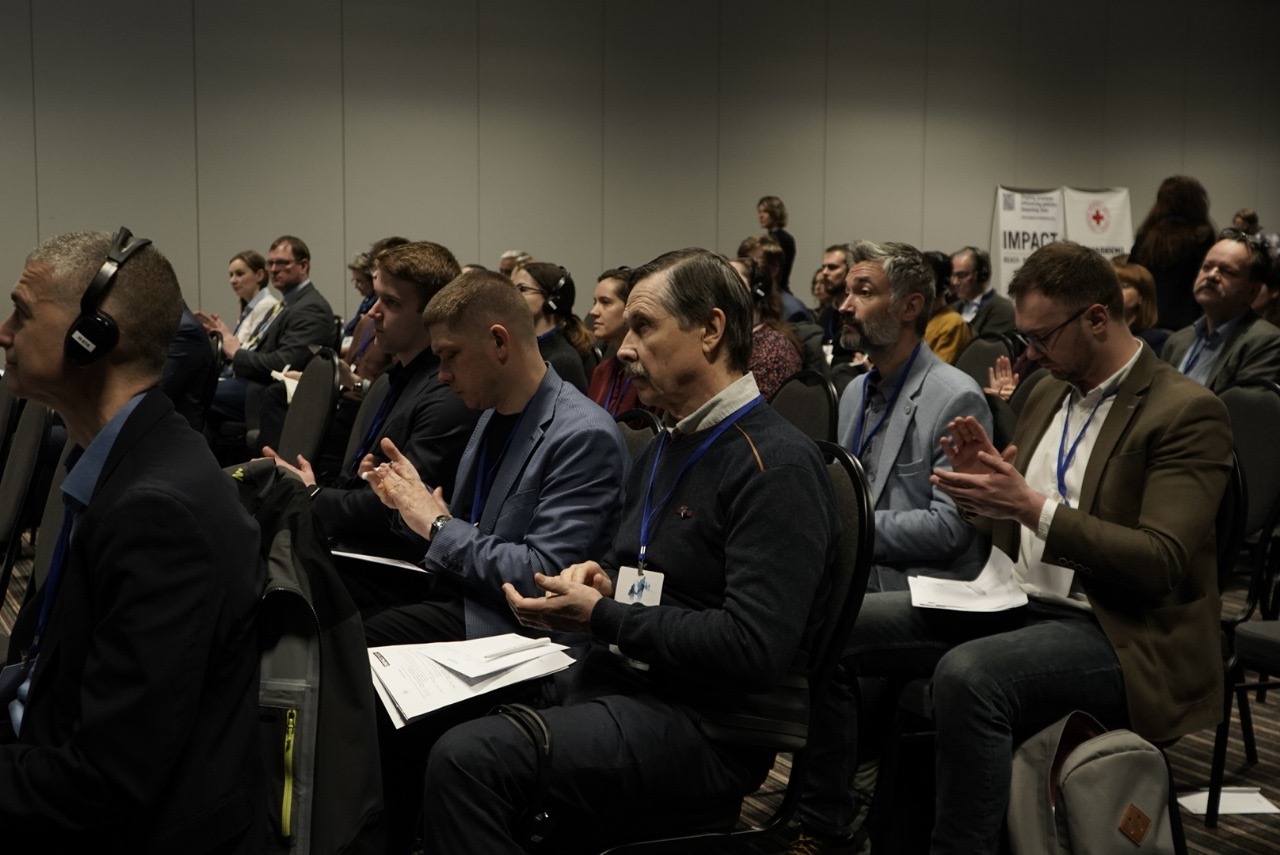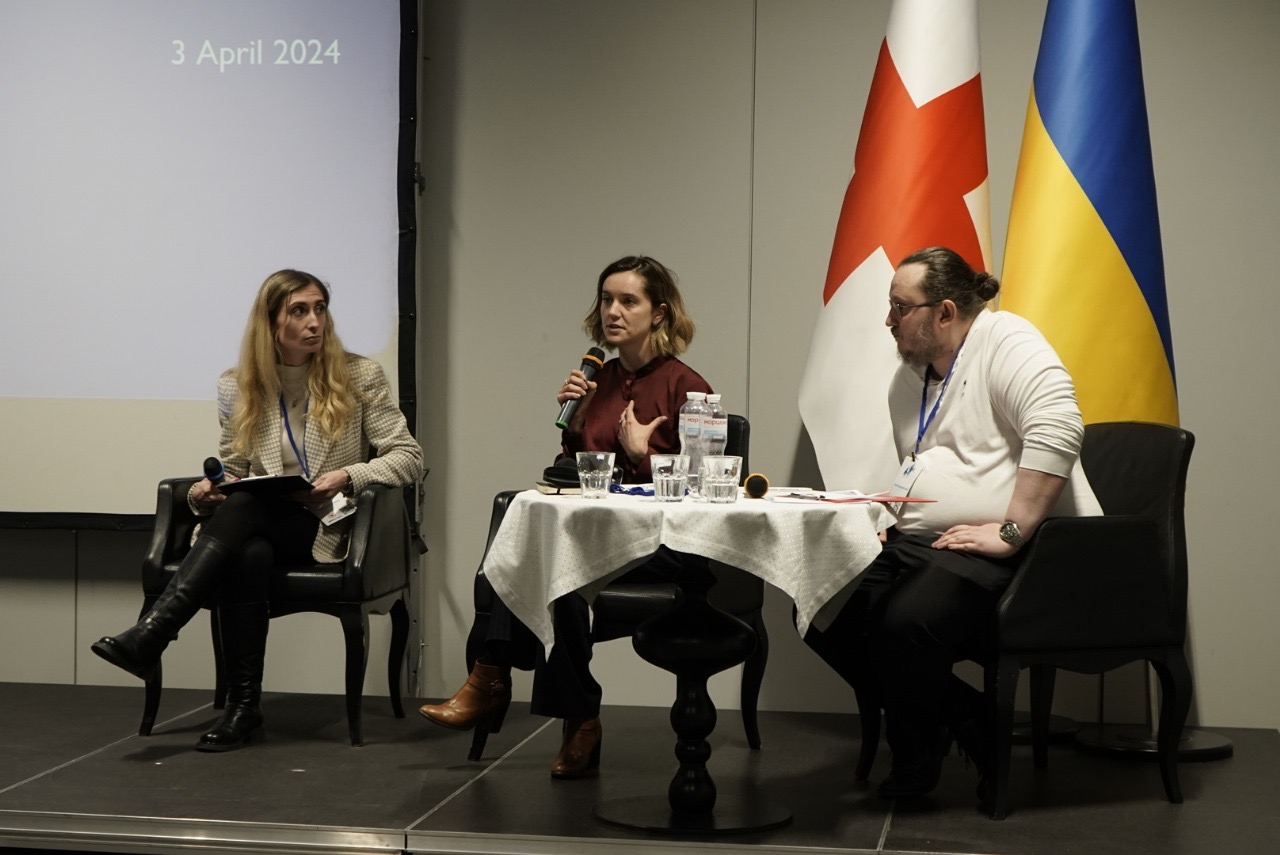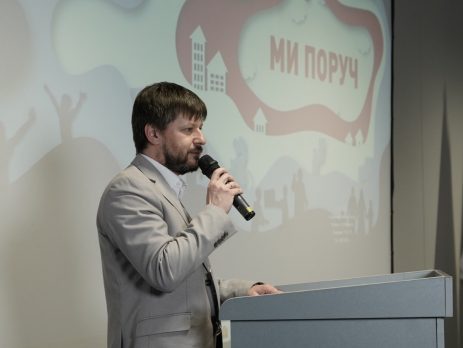The Ukrainian Red Cross and IMPACT hosted an event in collaboration with representatives of the Government on “The current situation and prospects for refugees from Ukraine: from emergency response to return and (re)integration.”
At the beginning of 2024, an estimated 6.2 million refugees from Ukraine were located around the world, primarily in Europe, with many already planning or having returned home. According to a study conducted by the research organization IMPACT, one of the reasons for returning to Ukraine is the desire to reunite with family and feelings of homesickness.
Indeed, the intention to return to Ukraine remains prevalent among Ukrainians in Poland. Additionally, many express a desire to return to Ukraine in the future (70%). However, the vast majority, specifically 88%, plan to stay in their current country of residence for at least another six months.
These and other results of the study were introduced during the event, which became a platform for government authorities, non-governmental and civil society organizations, as well as experts specializing in socio-economic and humanitarian policy, for a joint discussion of strategies and initiatives on refugees and repatriates. The study has been conducted since March 2022 and is still ongoing.
“This survey has shown a tendency for Ukrainians to return home. We understand the intentions of Ukrainian refugees to return home and understand the immediate prospects, problems, and assistance they will need in the near future. Together with the state, we will be able to develop the mechanisms to help Ukrainians who are returning home despite the ongoing war,” said Maksym Dotsenko, Director General of the Ukrainian Red Cross.
“The longitudinal study revealed that the level of uncertainty in mobility intentions was very high at the beginning of the full-scale invasion. People were constantly changing their plans and intentions of relocation depending on the news from the frontline, the security situation in Ukraine, and the availability of necessary assistance in the host countries. The level of uncertainty remains high for refugees from Ukraine, and many people do not see and cannot make long-term plans. However, today we see how factors of socio-economic vulnerability and the lack of permanent accommodation in host countries may eventually push some refugees to return to Ukraine, even to the areas they consider to be unsafe,” said Oliver Lough, Deputy Regional Coordinator of IMPACT Ukraine.
Since March 2022, IMPACT has been seeking to understand the experiences of those who have fled abroad in response to the escalation of hostilities in Ukraine, mobility patterns, integration trajectories, and return intentions of refugees and returnees. The current study provides insight into how these factors change over time. For this purpose, IMPACT conducts a monthly telephone survey of 5,000 refugee and returnee respondents.
The survey is currently funded by USAID and IFRC (previous rounds were funded by the Belgian Red Cross, the German Red Cross, and Save the Children), and is supported and conducted in partnership with the Ukrainian Red Cross.
